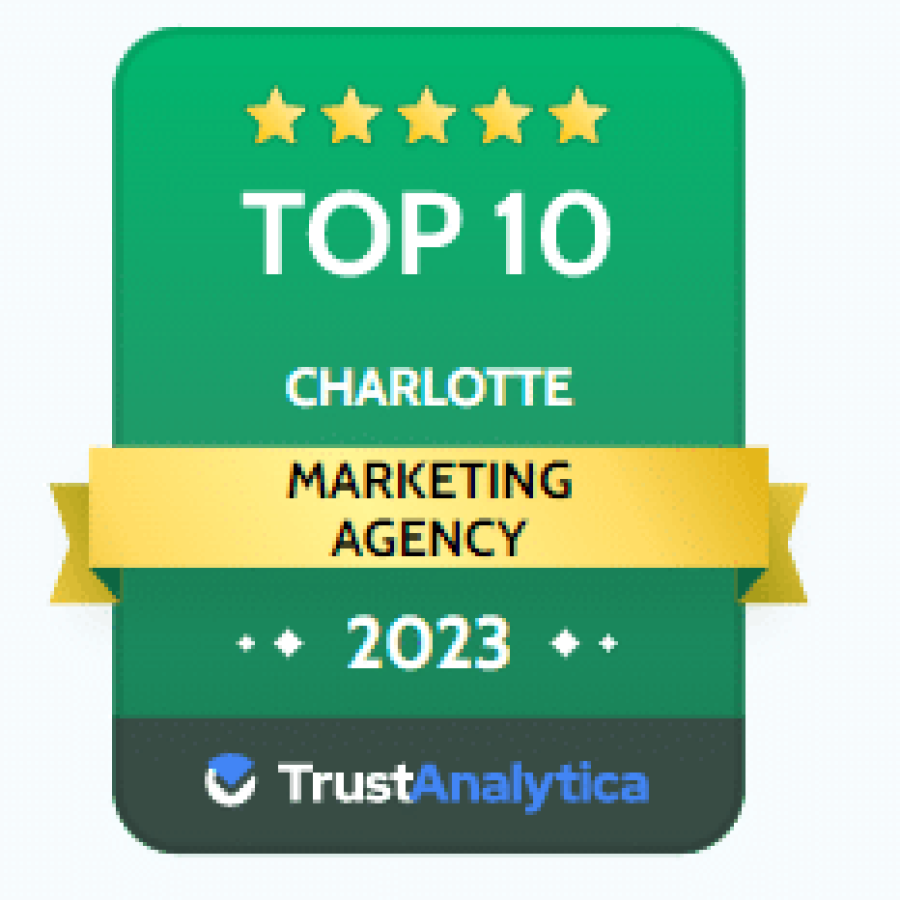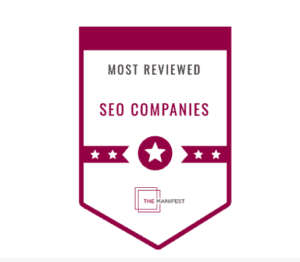eCommerce Marketing Services
Drive More Traffic
Increase Sales
Maximize Advertising Budget
We help ecommerce stores grow their businesses in days!
Shopify Optimization
Whether you’re launching or scaling, we fine-tune your Shopify store for search performance and user experience. From backend structure to on-page SEO and speed optimization, we help you get more organic traffic and convert it efficiently.
eCommerce SEO
We optimize your online store to rank for high-intent keywords, attract qualified traffic, and increase product visibility. From technical fixes to product page optimization, we help your store rise in search rankings and turn more clicks into conversions.
Analytics & Performance Tracking
We make your data work harder. Our custom reporting dashboards and ongoing analysis help you understand what’s driving sales—and where to improve. Transparent, actionable insights let you make smarter marketing decisions and scale confidently.
Get in front of ready-to-buy shoppers with data-driven Google Shopping, Facebook, and Instagram ad campaigns. We manage and optimize your PPC spend to maximize return, drive sales, and reduce wasted ad dollars—fast, measurable results you can see.
Email Marketing
We build and automate email and SMS flows that nurture leads, recover abandoned carts, and boost repeat purchases. With personalized messaging and smart segmentation, we help you stay top-of-mind and maximize customer lifetime value.
Conversion Rate Optimization
Driving traffic is great, but converting it is better. Our CRO strategies fine-tune your site design, user flow, and calls-to-action to turn browsers into buyers—helping you grow revenue without increasing ad spend.
Our Reviews
EXCELLENTTrustindex verifies that the original source of the review is Google. Alexis and the guys over Wedgewood are true pros. They've completely transformed our digital marketing strategy. Highly recommended for any business looking to boost its online presence.Trustindex verifies that the original source of the review is Google. We have partnered with Wedgewood marketing numerous times. Alexis and his team have provided top notch ad expertise and conversion. It's rare to work with a team that truly cares about our success. 5 stars on every level!Trustindex verifies that the original source of the review is Google. Alexis and Wedgewood have been amazing to work with. They get us so many leads from PPC and Alexis is so easy to communicate with.Trustindex verifies that the original source of the review is Google. My experience with Wedgewood Marketing has been amazing. We identified specific issues with our previous marketing agency and unrealized goals and objectives from a pay-per-click ad campaign. Alexis and his team were knowledgeable, resourceful, and communicative and provided regular updates and reports. They also provided realistic but achievable and measurable goals in setting up and managing our campaign. We will be using Wedgewood for all of our future marketing needs.Trustindex verifies that the original source of the review is Google. Alexis and the Wedgewood Marketing team have done a great job in helping increase online sales and improve our brand presence. Five Stars for creativity, responsiveness, and going above and beyond to help us succeed!Trustindex verifies that the original source of the review is Google. I am a small retail business with only 1 POS and reached out to WEDGEWOOD to seek help with a website, advertising/marketing etc. Alexis contacted me in a timely manner and discussed my needs. With his experience, Alexis recommended that he would not be the best fit for me as I explained my 23 year son could put together a web site and help with google ads. Alexis further went on to help with some design ideas and advertising strategies. Once I was up and running, I contacted Alexis again to ask his opinion on what we had. He was complementary and also offered more free advice to maximize our exposure and drive sales. Thank you Alexis for your time, expertise and unbelievably in this day in age that he did not charge me for his time or expertise. After working in big pharma and now running a small business, If I was in need of marketing support, I would definitely give WEDGEWOOD the opportunity. David MenoTrustindex verifies that the original source of the review is Google. I've had an incredible experience working with Wedgewood Marketing. They have been professional, knowledgeable, and have gone above and beyond to help us achieve our goals. They provide valuable insights and guidance on how to optimize our website for search engines, improve our digital presence, and increase engagement with our target audience. They truly understood my brand and have helped us to communicate our message effectively. What I appreciated most was their transparency and communication throughout the entire process. They kept me informed every step of the way and provided regular reports to show the progress we were making. Thanks to their efforts, I have seen a significant increase in website traffic and conversions. I couldn't be happier with the results and highly recommend Wedgewood Marketing to anyone looking to take their online presence to the next level. Overall, I give this company 5 stars for their expertise, professionalism, and dedication to helping their clients succeed. Thank you for all your hard work!Trustindex verifies that the original source of the review is Google. Alexis and the team at Wedgewood Marketing are outstanding. Professional, engaged and truly immersed in our vision and strategy. The passion they have for our brand and their drive to enhance it within the market is what makes working with them such a strong partnership.Trustindex verifies that the original source of the review is Google. Great communication and outstanding workTrustindex verifies that the original source of the review is Google. Amazing ad company!
Our eCommerce Marketing Strategy
1. Discovery & Strategy Alignment
We start by learning your brand, goals, target audience, and tech stack. Then, we conduct a deep audit of your current marketing efforts and identify growth opportunities. From there, we build a customized roadmap focused on traffic, conversions, and long-term scalability.
2. Website & Tracking Setup
Before we launch, we ensure your website is optimized for user experience and properly set up to track performance. This includes Google Analytics, conversion tracking, pixel installation, and technical SEO updates to lay a strong foundation.
3. Campaign Development
We create targeted campaigns across SEO, paid ads, email, and more—tailored to your product mix and customer journey. From ad creative to keyword targeting and content calendars, everything is built to attract the right shoppers and drive sales.
4. Launch & Testing
Once everything is set, we go live. Our team monitors performance closely in the first 30–60 days, testing creatives, bids, and landing pages to find what works best. We iterate fast to maximize return from day one.
5. Optimize & Scale
With campaigns running, we shift to continuous optimization—adjusting based on data, trends, and customer behavior. We report clearly and often, so you always know what’s working and where we’re taking your growth next.

Schedule Your Consultation
We dive into your Digital Marketing strategy and provide you with insights regarding
- How You Perform vs Your Competitors
- How to Grow Your Business Online
- Website Recommendations
- Social Media Recommendations
- SEO Performance
- Google My Business Audit
- Google Ads Insights
- Online Advertising Opportunities
Our Services
Fully-Managed Digital Marketing in Charlotte, North Carolina
SEO can skyrocket your business to the top of the search results.
Engage, inform, and convert your customers with SEO-friendly web content.
Stand out from the competition on the world’s most cutthroat eCommerce platform.
Define your business with branding, conversion copywriting, and expert web design and development.
Schedule Your
Free Marketing Audit
We dive into your Digital Marketing strategy and provide you with insights regarding:
- SEO/Organic - Performance
- SEO - Keyword Ranking
- Google My Business Audit
- Google Ads/PPC - Performance Overview
- Google Ads/PPC - Audit
- Optimization Plan - Short, Mid and Long Term
- Q & A
- No Strings Attached!









